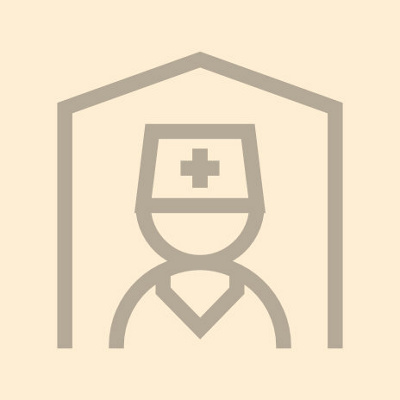This complex and often stigmatised mental disorder has a potentially disabling effect on people who live with it, if left untreated.
What are the symptoms of schizophrenia?
Schizophrenia is a chronic brain disorder that affects around 24 million people worldwide, according to the SA Federation for Mental Health. When the condition is active, symptoms can include delusions, hallucinations (visual and auditory), disorganised speech, and disorganised or catatonic behaviour.
Dr Renata du Preez, a psychiatrist at Mediclinic Denmar Mental Health Services,
says when these symptoms are present for more a month the patient can be diagnosed with schizophrenia. Many of the symptoms are multifaceted, she explains, evidenced by the different types of delusions:
- Non-bizarre delusions are those not entirely out of the realm of possibility, e.g., someone fearing their partner is trying to poison them. While this is unlikely, it's not impossible.
- Bizarre delusions are both irrational and implausible, e.g., a patient may believe others can hear their thoughts, or that outsiders have inserted their thoughts inside their brain.
- Somatic delusions are a belief that the patient’s organs have been removed and replaced.
- Capgras delusion is a belief that imposters have taken the place of loved ones.
“Delusions fall into several categories, including grandiose, persecutory, religious, and erotomanic,” Dr du Preez adds. There are also several “negative” symptoms of schizophrenia, she continues:
- Alogia. Patients tend to show little or no emotional expression and may speak less than usual.
- Avolition. Decreased motivation, and therefore interest in taking part in goal-directed activity.
- Asocial. Avoidance of social interaction.
- Anhedonia. An inability to find pleasure in activities they previously enjoyed.
Treatment
“This range of symptoms indicates how complexity the condition is, but its causes are similarly complex, involving heredity, biological processes, and the environment,” she says.
It follows that treatment is also a complicated process, especially since it’s often difficult for healthcare professionals to find the most effective medication with the fewest side-effects. . Antipsychotic drugs are generally prescribed at the lowest possible dose to manage symptoms. Other medications such as antidepressants and anti-anxiety drugs may also be used.
The patient must continue with treatment throughout their life including medication, support from a psychiatrist, and psychologist, and other healthcare professionals. Periodic stays in a multidisciplinary clinic may be needed as well as occasional hospitalisation. However, it’s important to begin treatment as early as possible because outcomes are greatly affected by how long the condition remains untreated
“Healthcare, including mental healthcare, generally focuses on prevention. For instance, a healthy lifestyle includes a healthy diet, exercise, and regular check-ups to detect and keep certain conditions at bay,” says Dr Du Preez. “But we tend to neglect brain hygiene or mental healthcare, possibly because of the stigma – even today. This is due to a lack of knowledge, even though information on mental illness is readily available nowadays. Only through open discussion and normalising mental health issues will we finally end the stigma around mental illness.”
Expert treatment is available at Mediclinic Denmar Mental Health Services or find a Mediclinic psychiatric specialist near you.
Further publications on the topic
Doctors 1


